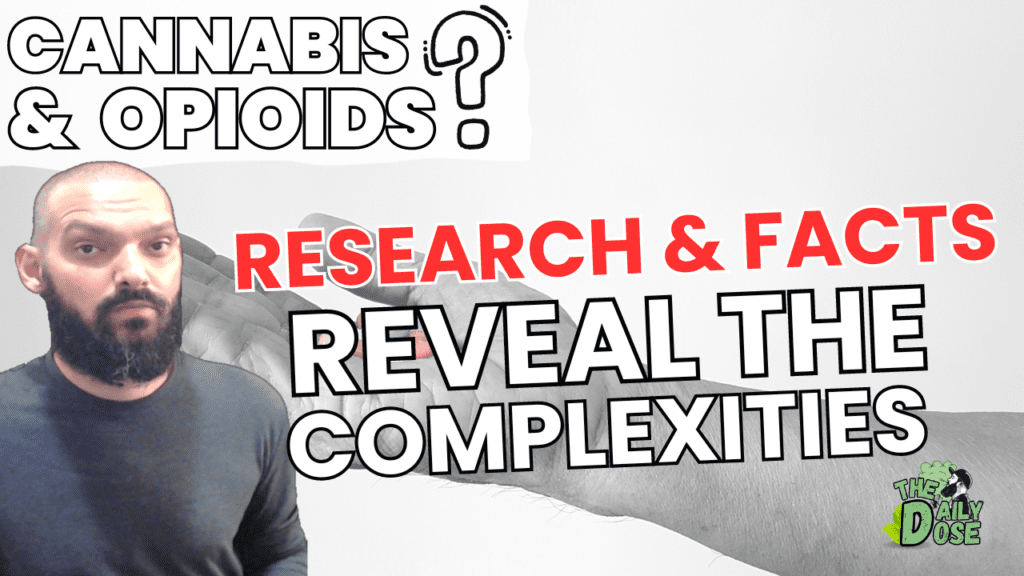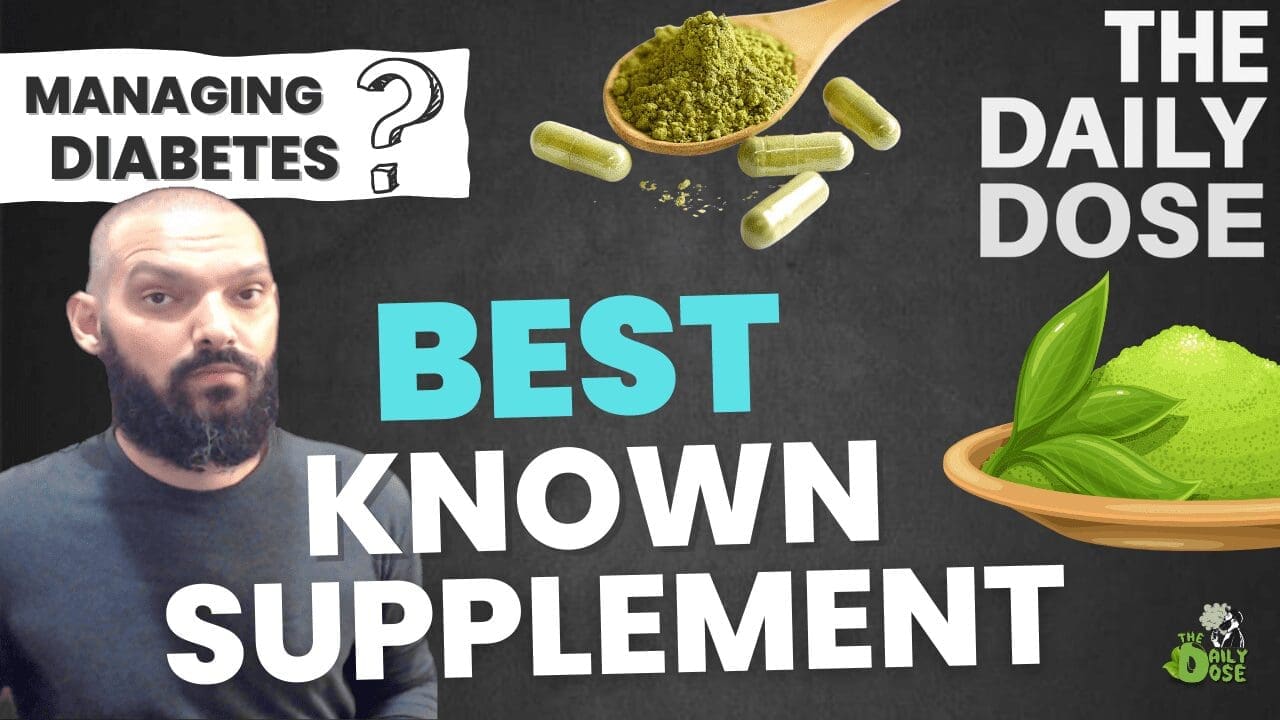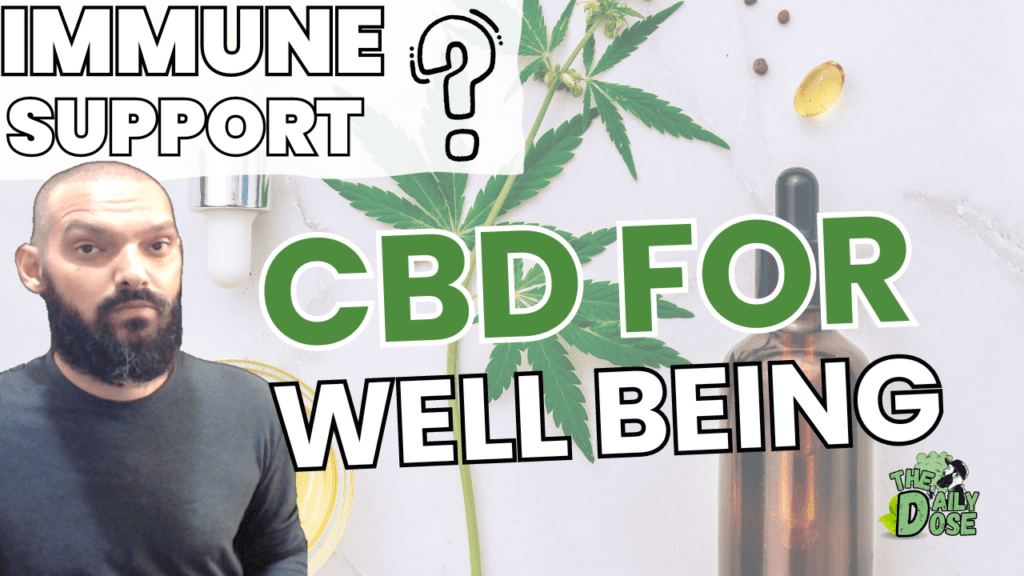The Cannabis Opioid Conundrum Explained
Introduction
In a landscape where discussions about cannabis and its potential impact on opioid use have been rife, a recent two-decade-long study published in the American Journal of Psychiatry challenges prevailing notions. This comprehensive exploration aims to shed light on the relationship between cannabis use and opioid misuse, bringing forth critical insights that prompt a reconsideration of existing beliefs.
The Extensive Study: Unveiling Long-Term Patterns
Conducted from 2001 to 2022, the Australian research stands as one of the longest studies of its kind. The study enrolled 615 individuals with heroin dependence in its early stages, tracking their patterns of cannabis and opioid use over 20 years.
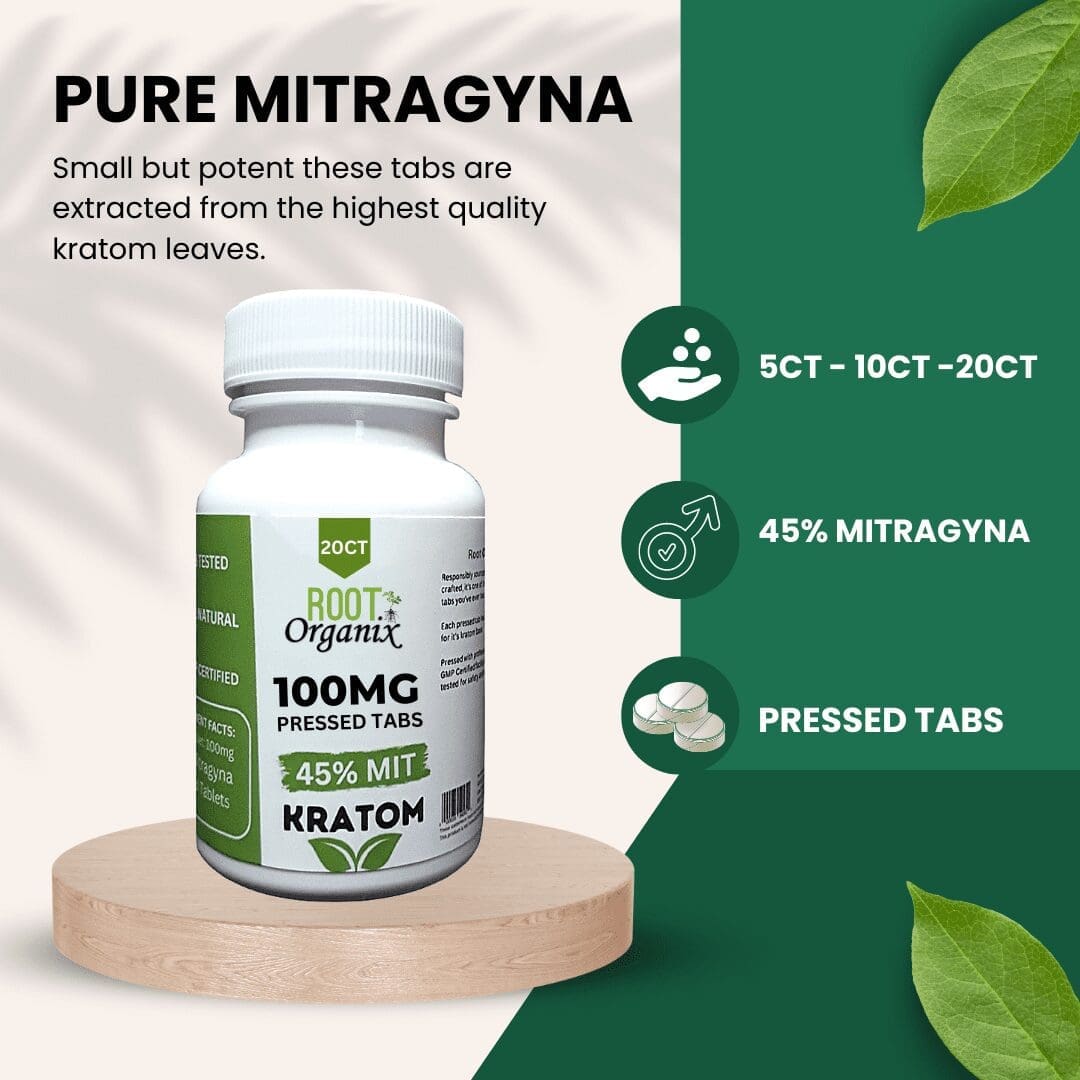
Cannabis and Opioid Use Disorder: A Complex Relationship
Contrary to popular claims suggesting that cannabis mitigates opioid use disorder, the study findings present a nuanced perspective. While cannabis use was prevalent among individuals with opioid use disorder, there was no conclusive evidence supporting the notion that cannabis serves as a long-term strategy for reducing opioid use.
Opioid Use Disorder: Understanding the Landscape
To comprehend the implications of the study, it is crucial to delve into the landscape of opioid use disorder. In 2020, an estimated 2.7 million individuals in the United States were living with opioid use disorder. This section explores the nature of opioids, legal and illegal, and the challenges posed by opioid use disorder.
Medical Marijuana in the Spotlight: Debunking Myths
Examining policies in states like New York, where opioid use disorder qualifies for medical marijuana, raises questions about the efficacy of such approaches. Insights from experts like Keith Humphreys challenge the lack of substantial evidence supporting cannabis as a treatment for opioid use disorder.
Despite widespread interest and evolving attitudes toward cannabis, a critical examination reveals a lack of substantial evidence supporting its efficacy as a treatment for Opioid Use Disorder (OUD). While some studies suggest potential benefits in managing chronic pain, the scientific landscape is characterized by a dearth of rigorous, well-controlled trials specifically assessing cannabis’s role in addressing opioid addiction.
Existing research often suffers from methodological limitations, including small sample sizes and inconsistent outcome measures, preventing definitive conclusions. Moreover, the complex interplay of cannabinoids, diverse strains, and individual variations in response contribute to the challenge of establishing standardized protocols.
As the clamor for alternative approaches to OUD intensifies, it becomes imperative to approach the potential therapeutic role of cannabis with a discerning lens, acknowledging the current paucity of robust empirical evidence to substantiate its inclusion in evidence-based treatment paradigms for opioid addiction.
Treatment Landscape: Effective Solutions for Opioid Use Disorder
Dr. Aimee Moulin advocates for evidence-based treatments, emphasizing the effectiveness of medications like buprenorphine and methadone. This section explores the available treatment options and the importance of focusing on proven strategies.
Addressing opioid use disorder (OUD) necessitates a comprehensive understanding of the available treatment options, with a paramount focus on evidence-based strategies. To begin, medication-assisted treatment (MAT) has emerged as a cornerstone, employing medications like methadone, buprenorphine, and naltrexone to alleviate withdrawal symptoms and cravings while promoting recovery.
MAT, when coupled with counseling and behavioral therapies, forms a robust approach by addressing both the physiological and psychological facets of OUD. Furthermore, detoxification, though a crucial initial step, is insufficient as a standalone intervention, emphasizing the imperative for ongoing, long-term treatment.
The significance of psychotherapeutic interventions, such as cognitive-behavioral therapy (CBT) and contingency management, cannot be overstated, fostering resilience and aiding in relapse prevention. Importantly, a shift toward harm reduction strategies, including naloxone distribution and supervised consumption facilities, plays a pivotal role in reducing opioid-related fatalities.
As we celebrate the one-year milestone today, it underscores the continued commitment to prioritizing evidence-backed treatments, steering the discourse toward a future where individuals grappling with OUD receive the most effective and compassionate care.
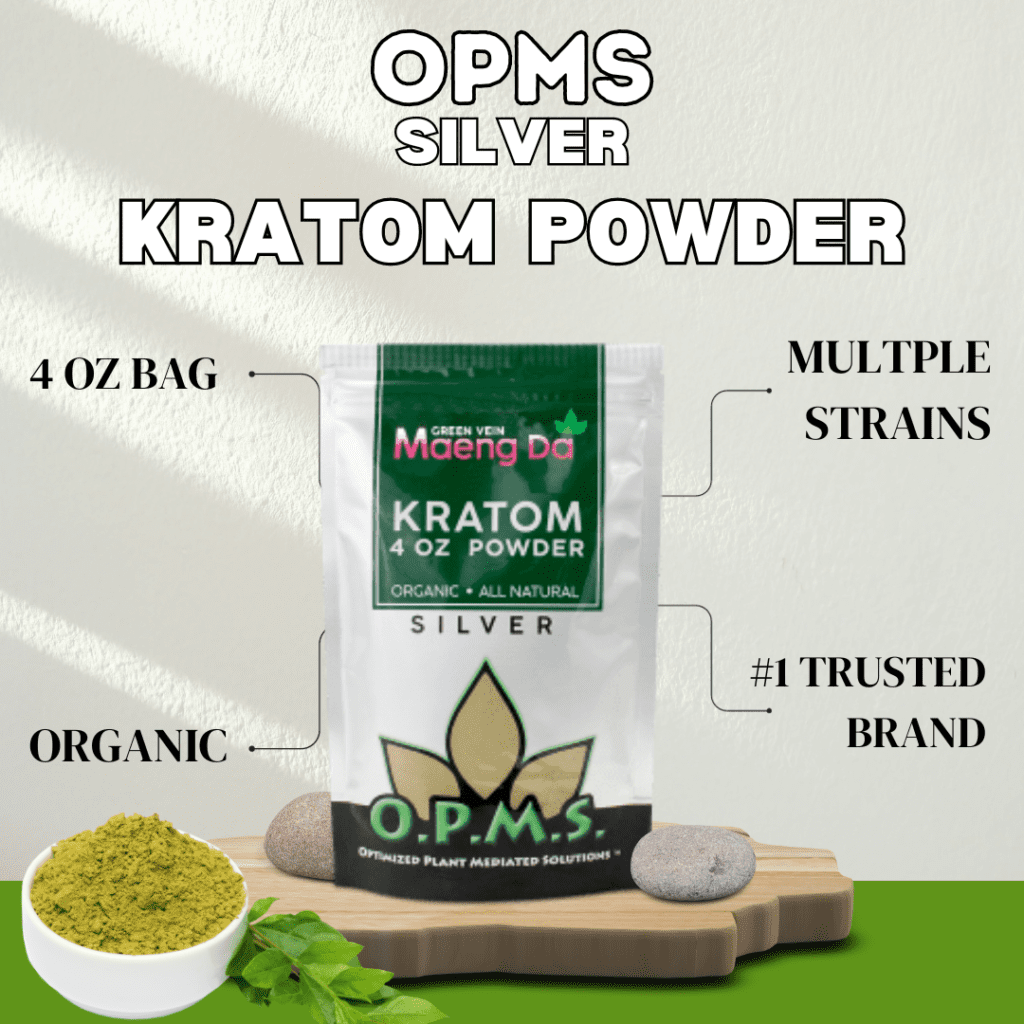
Global Cannabis Legalization: A Shifting Paradigm
As global attitudes towards cannabis undergo transformation, the study prompts a cautious approach. Policymakers and clinicians need to navigate the evolving landscape of cannabis legalization, considering its potential implications for addressing the opioid crisis.
Cautionary Notes: Policymakers and Clinicians Beware
The study’s authors underscore the need for caution in relying on cannabis as a strategy to combat the opioid crisis. This section delves into the potential risks and challenges associated with incorporating cannabis into overarching public health approaches.
Integrating cannabis into comprehensive public health strategies for Opioid Use Disorder (OUD) poses a myriad of potential risks and challenges that demand careful consideration. First and foremost, while some studies suggest that cannabis may have analgesic properties, its efficacy in managing opioid withdrawal symptoms remains inconclusive, underscoring the need for rigorous research.
Furthermore, the variability in cannabis potency and individual responses raises concerns about standardized dosing and potential adverse effects. The risk of co-use and polysubstance dependence also looms large, as individuals may substitute opioids with cannabis without addressing the underlying issues of addiction.
Regulatory hurdles and the current legal landscape surrounding cannabis add an additional layer of complexity, potentially hindering its integration into mainstream treatment protocols. Amidst the evolving landscape of cannabis policies and its growing acceptance, a cautious and evidence-based approach is paramount to navigate the intricate intersection of cannabis and OUD within the broader framework of public health initiatives.
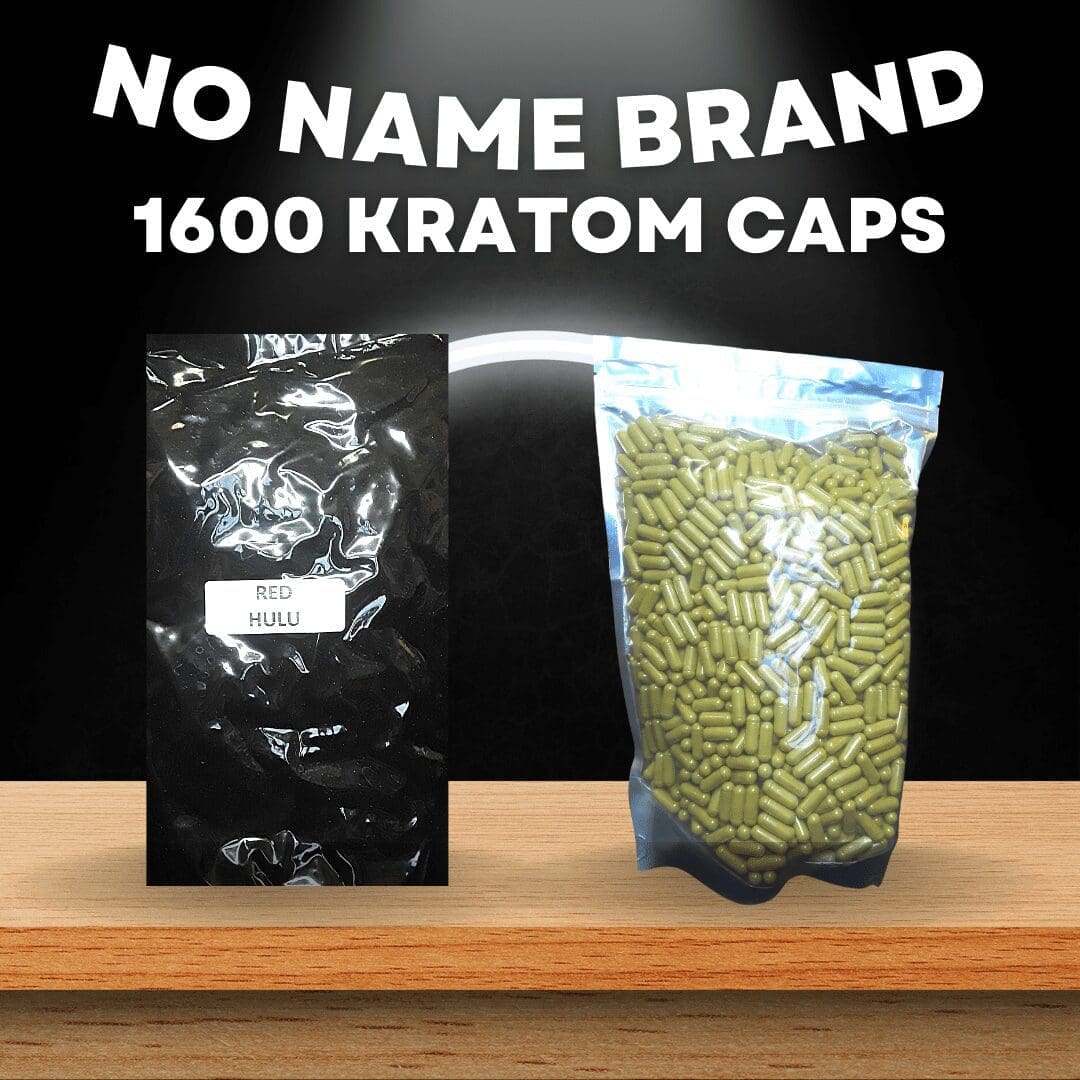
Mixed Messages and Public Confusion
Dr. Larissa Mooney highlights the varying legal landscapes in the United States, contributing to mixed messages about cannabis’s therapeutic use. Public confusion stemming from misleading claims emphasizes the importance of accurate information dissemination.
Conclusion: Rethinking Cannabis’s Role in Tackling the Opioid Crisis
In reevaluating the relationship between cannabis and opioid use, it becomes imperative to reconsider its role in addressing the opioid crisis. This section prompts a nuanced reflection on the study’s findings and their broader implications.
This extensive exploration aims to provide a comprehensive understanding of the intricate dynamics surrounding cannabis, opioid use, and the pursuit of effective strategies to combat opioid misuse.
FAQs
Is there concrete evidence supporting cannabis as a long-term solution for reducing opioid use?
How prevalent is opioid use disorder, and what are its characteristics?
What are the recommended treatments for opioid use disorder?
How should policymakers and clinicians approach the evolving landscape of cannabis legalization?
How can the public navigate mixed messages about the therapeutic use of cannabis?
Related Articles:
- Opioid Lawsuits & Payout Big Pharma Exposed
- We Have A Drug Problem: Understanding The Opioid Crisis
- Plant Medicines For Health And Wellness
- Kratom Dependency What The Internet Says
- Ayahuasca For Healing Now Casa Galactica
#opioids #opioidepidemic #cannabis #cannabisinfo #cannabisnews #cannabisandopioids #thedailydose #news #newsnow
Meet The Author


